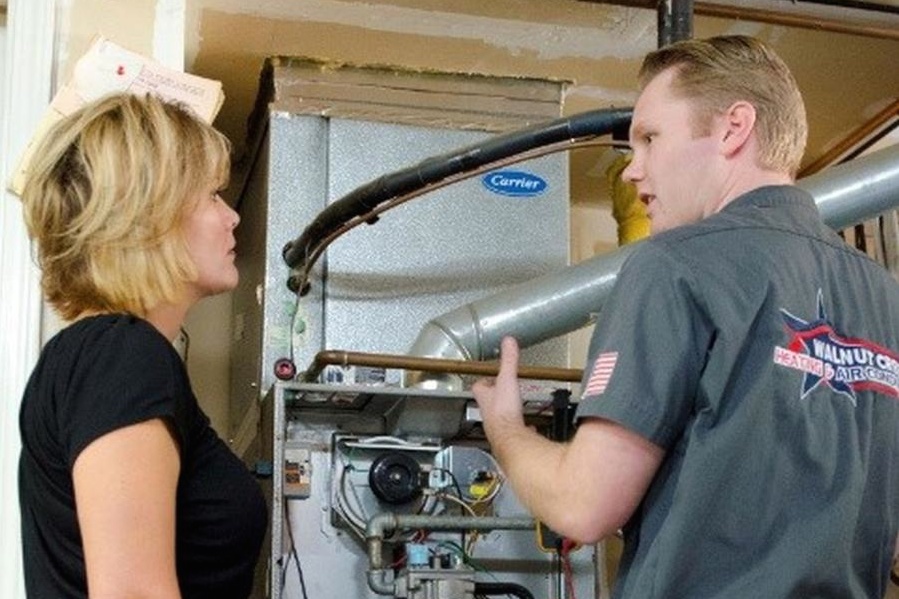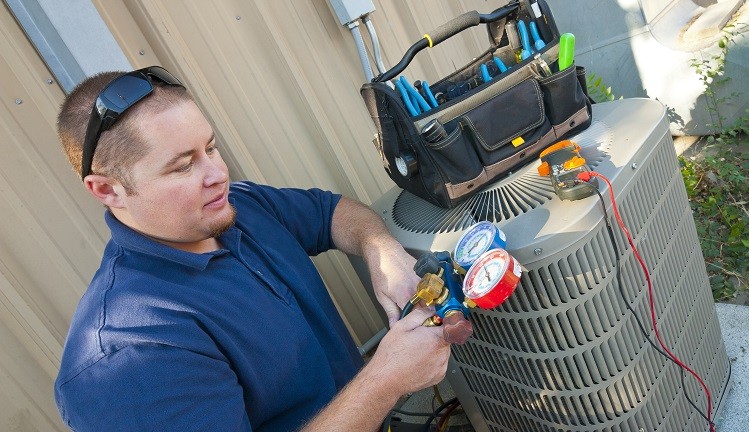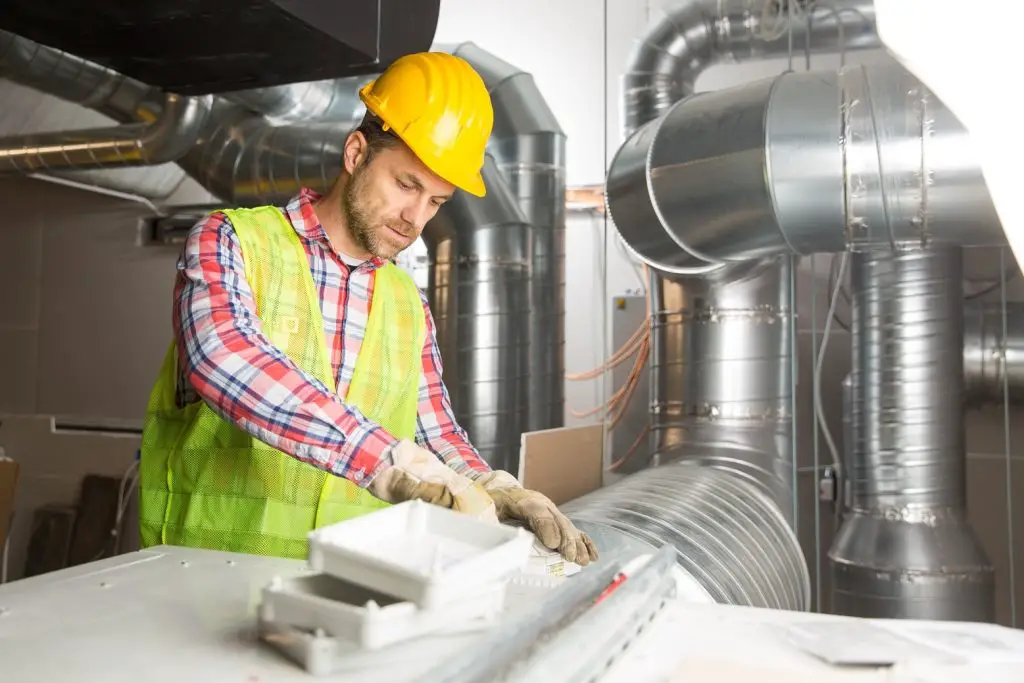Have you ever wondered what an HVAC installer does? HVAC stands for Heating, Ventilation, and Air Conditioning. These professionals keep your home comfortable all year round.
Who Is an HVAC Installer?
An HVAC installer is a skilled professional. They install, maintain, and repair heating and cooling systems. These systems include air conditioners, furnaces, and ventilation ducts.
Why Are Hvac Installers Important?
HVAC installers are crucial for several reasons:
- They ensure your home stays warm in winter.
- They keep your home cool in summer.
- They improve air quality in your home.
- They make your home energy-efficient.
Skills an HVAC Installer Needs
Being an HVAC installer requires a mix of skills. Here are some key skills they need:
| Skill | Why It’s Important |
|---|---|
| Technical Knowledge | They must understand HVAC systems. |
| Problem-Solving | They diagnose and fix issues quickly. |
| Physical Strength | They lift heavy equipment. |
| Attention to Detail | They ensure installations are correct. |
| Customer Service | They interact with clients daily. |
Steps to Become an HVAC Installer
Becoming an HVAC installer involves several steps:
- Education: Most start with a high school diploma or GED.
- Training: Many attend vocational schools or community colleges.
- Apprenticeship: Gaining hands-on experience is crucial.
- Certification: Some states require certifications to work.
- Continuous Learning: Technology changes, so they must keep learning.
Tools an HVAC Installer Uses
HVAC installers use many tools. These tools help them do their job efficiently. Here are some common tools they use:
- Thermometers: To check temperatures.
- Wrenches: To tighten and loosen parts.
- Drills: To make holes for installations.
- Multimeters: To check electrical circuits.
- Manometers: To measure gas pressure.
Types of HVAC Systems
There are different types of HVAC systems. Each type has its own benefits. Here are the most common ones:
| Type | Description |
|---|---|
| Central Air Conditioning | Cools the entire home via ducts. |
| Heat Pumps | Provide both heating and cooling. |
| Furnaces | Heat the home using gas or electricity. |
| Ductless Mini-Splits | Cools specific areas without ducts. |
| Boilers | Heat water for heating systems. |
Maintaining Your HVAC System
Regular maintenance is key to a long-lasting HVAC system. Here are some tips:
- Change filters every 1-3 months.
- Schedule annual check-ups.
- Keep outdoor units clean.
- Check for leaks and unusual noises.
Benefits of Hiring a Professional HVAC Installer
Hiring a professional HVAC installer offers many benefits:
- Expertise: They have the skills and knowledge.
- Safety: They follow safety guidelines.
- Efficiency: They complete the job quickly.
- Warranty: Many offer warranties on their work.

Credit: www.diamondcertified.org

Credit: www.hvac.com
Common Problems HVAC Installers Fix
HVAC installers solve many common problems. Here are a few:
| Problem | Solution |
|---|---|
| Unit not turning on | Check the thermostat and power supply. |
| Strange noises | Inspect for loose parts or debris. |
| Poor airflow | Clean or replace air filters. |
| Leaking water | Check for blocked drain pipes. |
| High energy bills | Ensure the system is running efficiently. |
How to Choose the Right HVAC Installer
Choosing the right HVAC installer is important. Here are some tips:
- Check Credentials: Ensure they have proper certifications.
- Read Reviews: Look for customer feedback online.
- Ask for References: Get recommendations from friends or family.
- Compare Quotes: Get multiple estimates to find the best price.
- Ask Questions: Make sure they can answer all your questions.
Frequently Asked Questions
What Does An Hvac Installer Do?
An HVAC installer sets up heating, ventilation, and air conditioning systems in homes and businesses.
How To Choose A Good Hvac Installer?
Check for certifications, experience, and customer reviews to find a reliable HVAC installer.
What Qualifications Do Hvac Installers Need?
HVAC installers typically need technical training, certifications, and sometimes an apprenticeship.
How Long Does Hvac Installation Take?
HVAC installation usually takes one to two days, depending on system complexity.
Conclusion
HVAC installers play a vital role in our comfort. They ensure our homes are warm in winter and cool in summer. They need a mix of skills and use various tools. Regular maintenance keeps HVAC systems running smoothly. Hiring a professional offers many benefits. Choose the right installer by checking credentials and reading reviews.
Understanding the role of HVAC installers helps you appreciate their work. Next time your home is too hot or too cold, you’ll know who to call. An HVAC installer will ensure your home is just right.

